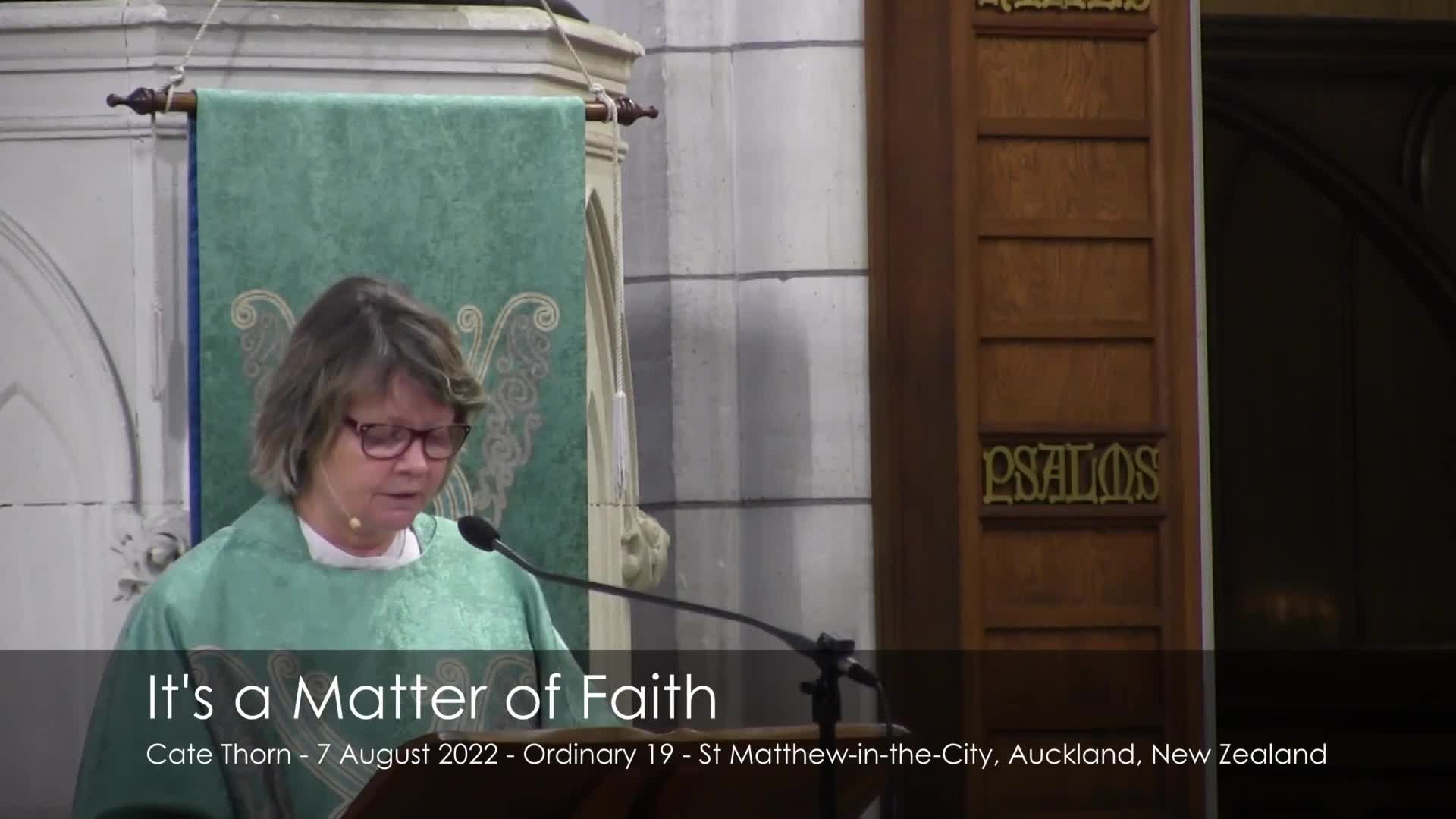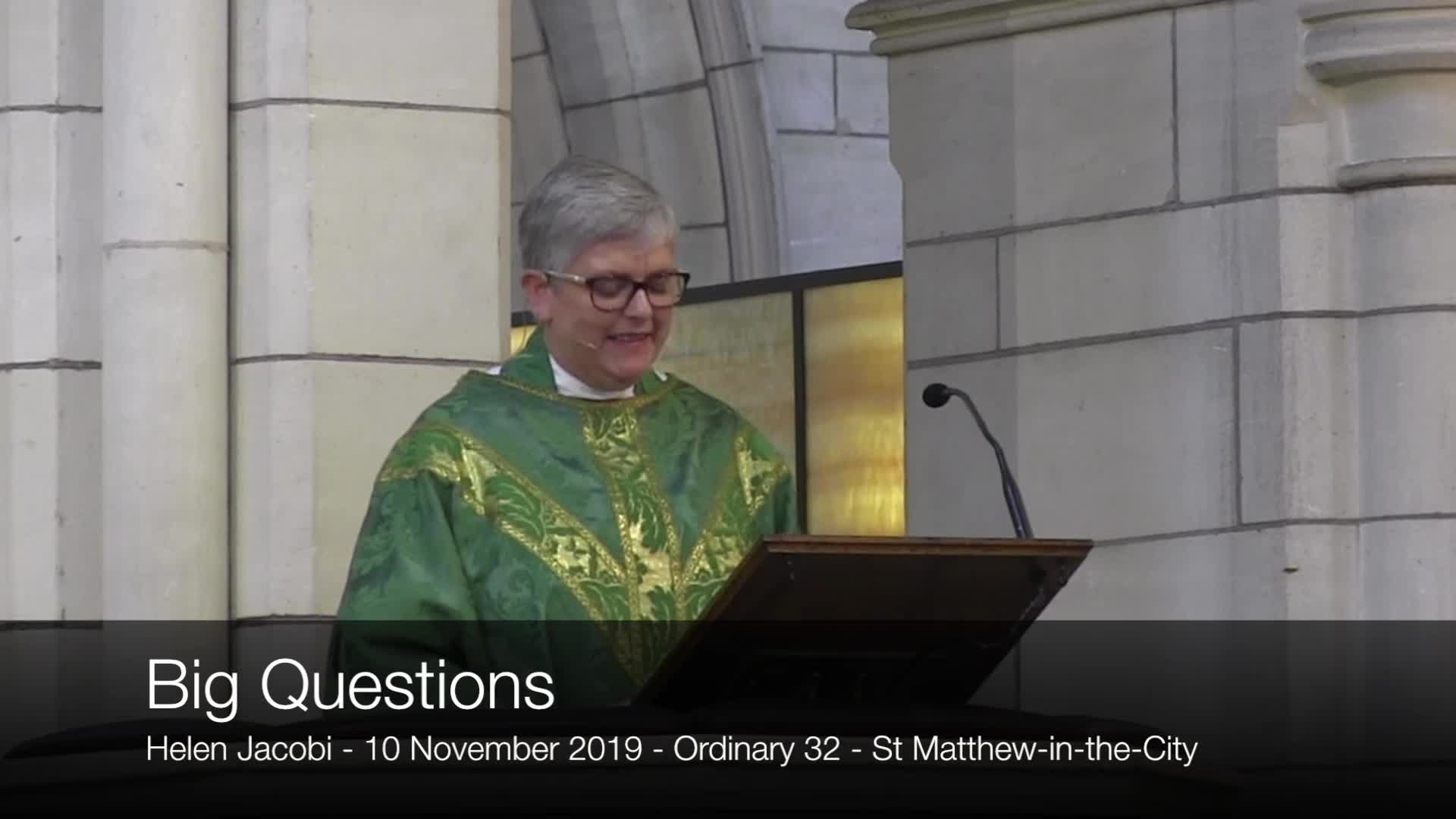
Home
Engagement
Flowing from Lent towards Easter
Dr Robin Kearns, Auckland University, spoke in a Lenten series on Water about our approach and attitudes to water in our everyday lives


What is faith?

Jesus is Lord?

Our Land?

Farewell Sermon

What is religious freedom

Perfume

Big questions

Climate Change - can we make a difference?
